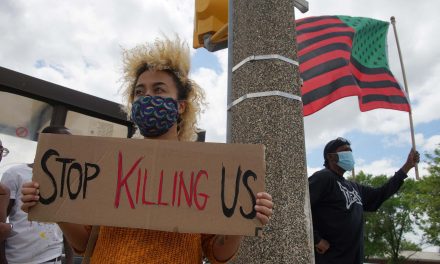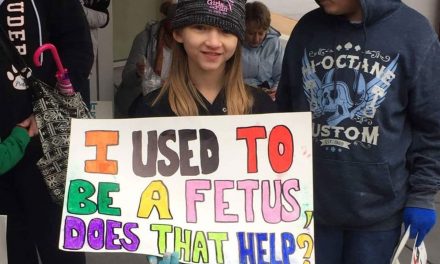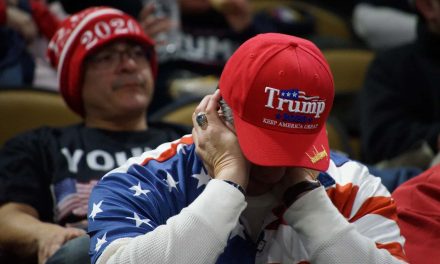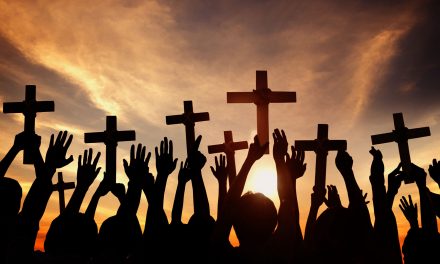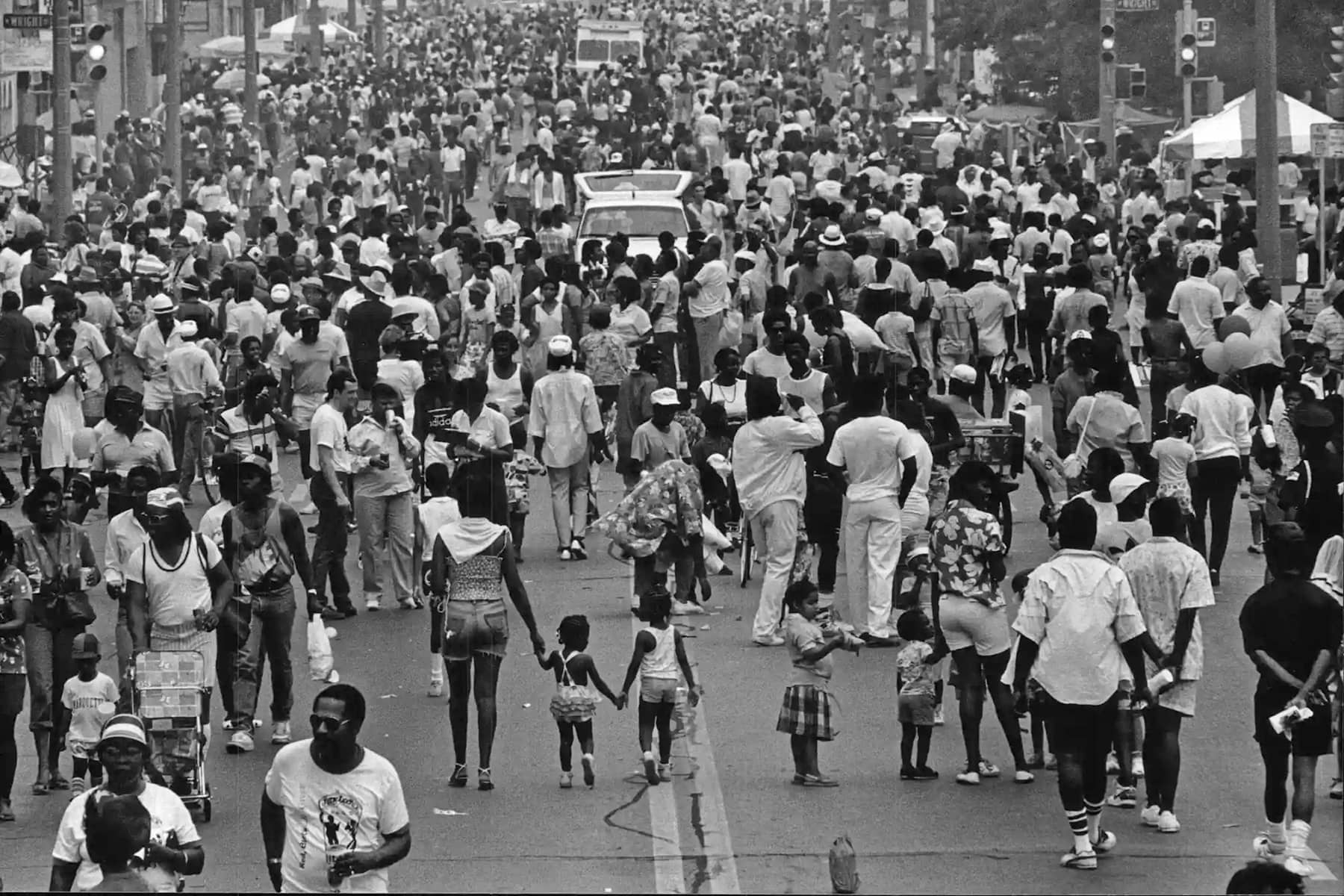
On June 19th 1865, Federal troops arrived in Galveston, Texas to declare the emancipation of all Americans, of every slave being freed. The Emancipation Proclamation had been issued two-and-a-half years earlier by President Lincoln, but as a result of the geographic fractures created by the war, many strongholds of institutionalized racism existed.
Texas was the final area of this nation to surrender to this particular bend of the arc of the moral universe toward racial justice — and someone had to forcefully bring them the news they had refused to come to terms with: the war was over.
59 years later, from the Birmingham jail where he was imprisoned for being a participant in nonviolent demonstrations against segregation, Dr. Martin Luther King, Jr. wrote a response to a public statement of concern issued by eight White Southern religious leaders. In his address, King lamented both White political moderates and the White Christian Church for hindering progress toward equality, either by their inaction or through outright opposition by criticizing the timing and method of protests. These tactics are all too familiar today.
We wake up in a nation where Juneteenth and MLK Day are both national holidays — yet where an entire political party is working incessantly to prevent teachers from teaching that the decades of ugliness that precipitated the civil rights movement even existed.
All the slaves and prisoners in America are not yet emancipated. 157 years following the last holdouts of the confederacy facing the reality of the war ending, and 59 years after Dr. King’s letter lamenting White resistance to progress, our shared sickness remains.
The symptoms of this slavery and imprisonment are apparent in the disparity in the rates of incarceration between White people and people of color, in the disparity in pay for equal work, in the disproportionate accessibility to healthcare and education and voting rights and affordable housing, in the lack of people of color in positions of power and leadership,
in the lopsided history of police brutality, in historic generational poverty.
But these truths themselves are not the slavery and imprisonment that most afflict this nation. Our greatest collective ailment is not a literal confinement or physical imprisonment, it is the White Supremacy, privilege, and resistance to equality within the hearts so many White Americans that is still hindering humanity: the conscious and subconscious prejudices presently permeating us.
You can see it in the responses to the murder of George Floyd, to the gerrymandering a and voter suppression efforts of the Republican Party, to the White Supremacy embodied in the MAGA movement. And, as Dr King grieved in Birmingham, you can still find it in the lukewarm response of so many professed progressive White people in the face of it all.
Whether due to fatigue or laziness or fear or aversion to conflict, human beings who wouldn’t advocate for slavery or deny people of color a vote or celebrate police brutality or wave confederate flags or intentionally perpetuate systemic racism — still enable it all by their silence and inaction and intentional distractions.
Bob Marley once sang, “emancipate yourself from mental slavery,” and we in White America who want to imagine ourselves anti-racist need to embrace this invitation in the core of our beings. The internal servitude of our countrymen and women is being aided by people like us who would rather keep an uneasy peace in our families, marriages, churches, workplaces, and social circles, than enter into the fray of honest conversations about race.
157 years after the events of Juneteenth, White America needs to work for the “emancipated minds” of so many White Americans: for the freeing of people from the fear, bigotry, selfishness, greed, and hatred that still perpetuate racism, inequity, and injustice.
Because of that, we need to continue march into the fortified strongholds of racism, and to the last holdouts against equality — in our homes and neighborhoods and schools and churches, and then to the polls — and declare that all people are not yet free and deserve to be free. We need to release White Americans from bad theology, predatory politics, lack of information, unconfronted privilege that maintain this sickening status quo. Until this happens, the cancer of racism will remain and slavery will not be in our regrettable past — but in our grievous present and our disfigured future.
People of color can be legally free, but until more White Americans are emotionally, intellectually, mental emancipated from prejudice and privilege, we will still be here 157 years from now, fighting over the value of a black life. This nation doesn’t need more ceremonial holidays, we need more courageous caucasian people who will invite discomfort, sustain bruises, welcome turbulence, and risk relational separation from our tribes of affinity and communities of origin, for the sake of disparate humanity in a time of urgency.
The fight against racism is not the fight of people of color alone. We who are White “moderates” (or progressives or liberals or simply decent human beings) need to be more vocal in our anti-racism and more willing to be disobedient to laws and accepted norms and popular movements that are inherently racist. We have to risk the kind of relational and social “tension” that MLK described in his letter; the kind millions of others have willingly engaged in the cause of equality.
This will mean that White Americans will need to confront those they know, love, worship and work alongside, and those live and socialize with — with the ugliness of who we have been and in many ways still are.
157 years after Juneteenth, there are still barricaded holdouts to ratified prejudice who need to hear that all people deserve to be free. We need to lovingly but loudly bring that message to those still waging a war inside their heads that desperately needs to end. We are not free until we are all free.
John Pavlovitz
Library of Congress
The original version of this Op Ed was published on johnpavlovitz.com
John Pavlovitz launched an online ministry to help connect people who want community, encouragement, and to grow spiritually. Individuals who want to support his work can sponsor his mission on Patreon, and help the very real pastoral missionary expand its impact in the world.

